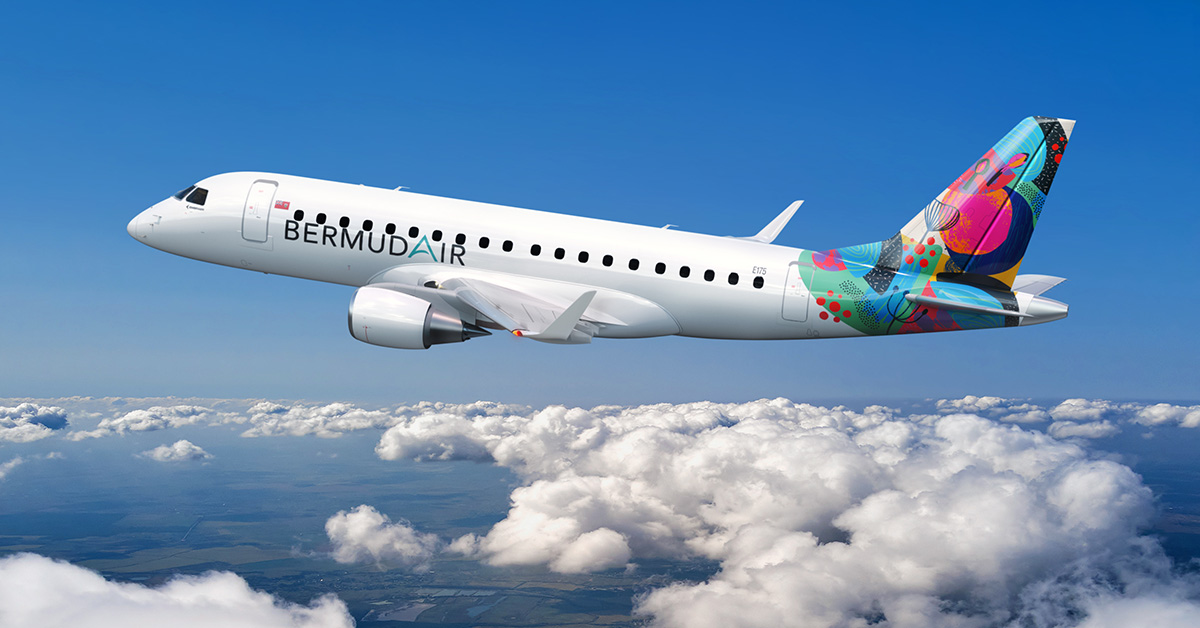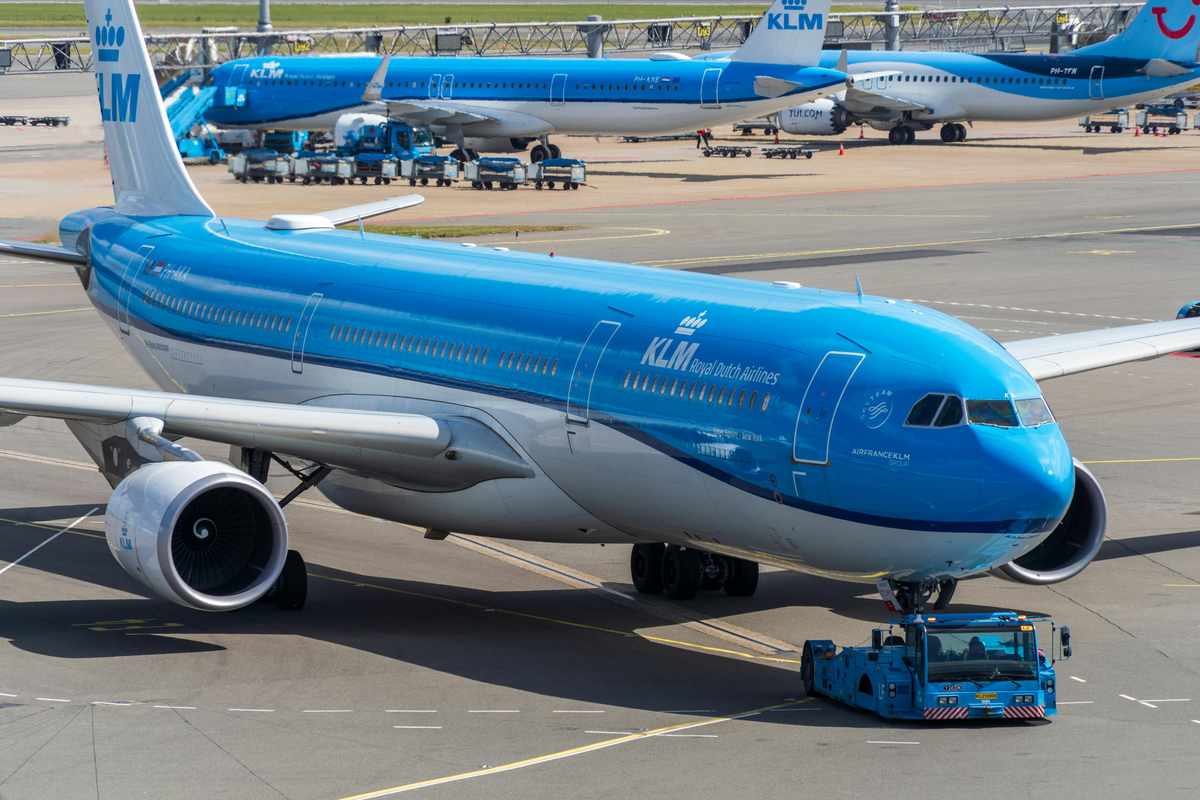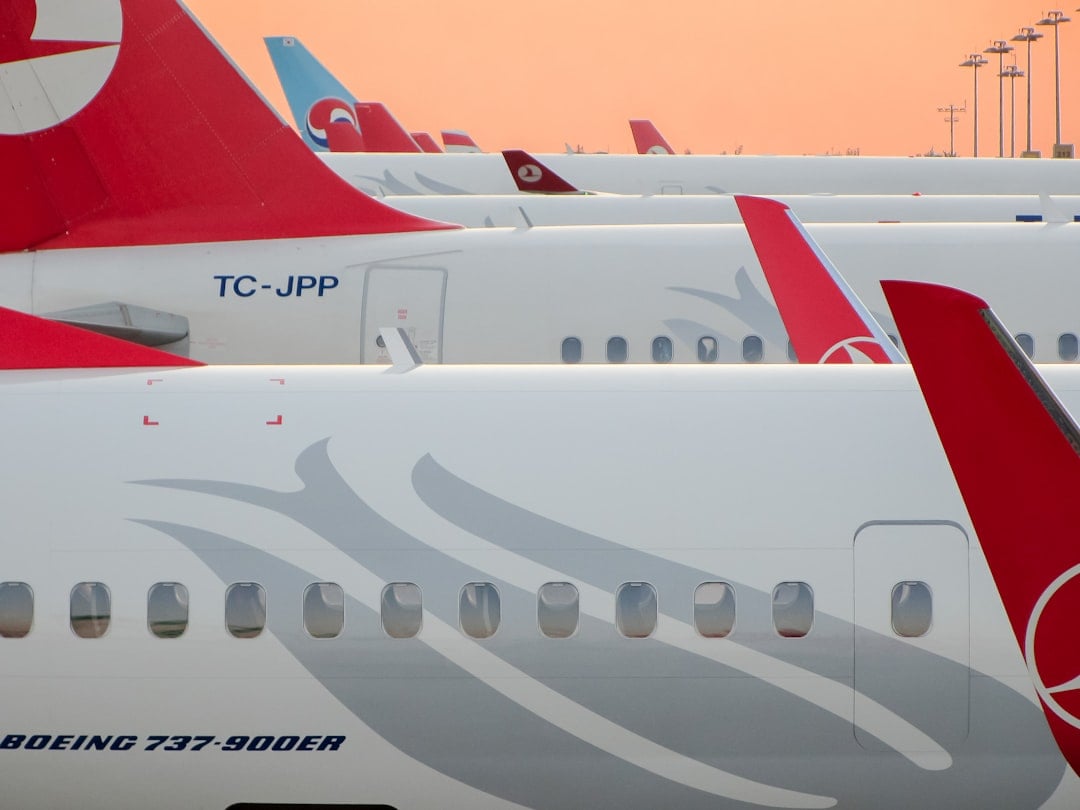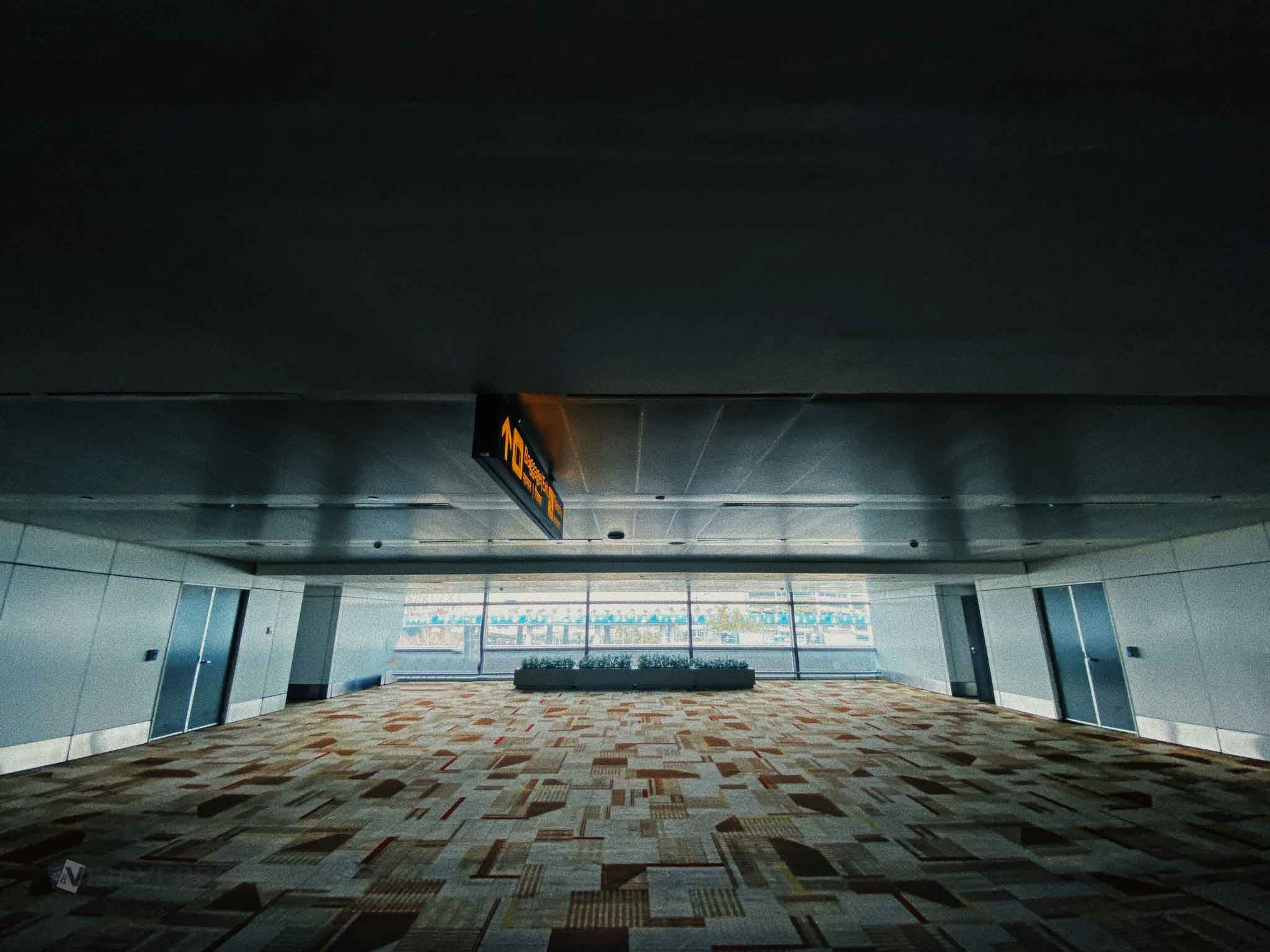(WINDSOR LOCKS, CONNECTICUT) BermudAir has suspended its nonstop route between Bermuda and Bradley International Airport in Windsor Locks, with flights halted as of November 11, 2025, leaving New England travelers with one less direct option to the island and sparking questions about the airport’s recent loss of carriers. The move, which the airline said reflects a change in its network strategy, makes BermudAir the third airline to depart Bradley since September, a trend that airport officials say they are working to reverse.
Airport reaction and immediate impact
The Connecticut Airport Authority confirmed the suspension on Tuesday and acknowledged the setback in plain terms.
“The Connecticut Airport Authority is disappointed that BermudAir has elected to suspend its nonstop service between Bradley International Airport and Bermuda,” a CAA spokesperson said.

Officials emphasized that Bradley remains focused on growth even as they manage the immediate fallout from losing another carrier on a route once seen as promising for both leisure and business travel.
BermudAir’s rationale and passenger handling
BermudAir had promoted Bradley as a “perfect market” when it entered the region, betting that Connecticut and western Massachusetts travelers would support a dedicated link to Hamilton. The airline framed the suspension as a network realignment, not a statement on the market itself.
Key operational notes:
– The company did not disclose passenger numbers or financial details behind the decision.
– It offered no timeline for a possible return.
– Service on the Bermuda–Bradley route is suspended and tickets are being refunded.
Travelers booked on BermudAir’s Bradley flights are eligible for refunds, according to the CAA. There were no reports of stranded passengers or major disruptions, indicating the suspension appears to have been managed with notice and rebooking options through other carriers.
Why the nonstop mattered: preclearance and convenience
Bermuda operates U.S. Customs and Border Protection preclearance, allowing travelers to complete immigration inspection before departure and land in the U.S. as domestic arrivals. Losing the nonstop changes that real-world experience.
Consequences for travelers:
– Many New England flyers will now connect through larger hubs where they must clear immigration on arrival.
– This can affect baggage rules, connection times, and even same-day meeting plans.
– It can add stress when passport control is required on tight connections.
For official information on preclearance, travelers can consult U.S. Customs and Border Protection’s page: https://www.cbp.gov/travel/preclearance.
Broader pattern at Bradley
BermudAir’s exit is part of a wider pattern at Bradley, where two other carriers have left since late summer. Statements this week did not name those airlines or detail their reasons, but the run of departures has raised concern among local travelers and businesses.
Impacts on communities:
– Families with ties to Bermuda and students traveling for breaks lose a direct option.
– Companies with cross-border teams now face longer travel times and less scheduling flexibility.
– Local tourism operators say midsize airports like Bradley are vulnerable when airlines consolidate aircraft onto larger, higher-yield routes.
Airport response and recovery efforts
The CAA is attempting to strike a steady tone while pursuing solutions. Their approach generally involves:
– Marketing support to attract carriers
– Risk-sharing incentives (financial or operational) for airlines
– Community outreach to demonstrate local demand
The success of these efforts depends on consistent passenger demand—from leisure travelers, people visiting friends and relatives, and corporate flyers—to make the business case for restoring routes like Bermuda.
Perception challenges and passenger behavior
Analysis by VisaVerge.com suggests airports that lose multiple carriers quickly face a perception gap as much as a route gap. If travelers assume choices are shrinking, they may default to Boston or New York, accelerating a cycle that makes it harder for Bradley to win service back.
Bradley’s immediate challenge is to:
1. Show that market demand remains solid.
2. Prevent travelers from permanently switching to larger hubs.
3. Encourage airlines to view the region as a viable route base.
Practical advice for affected passengers
For those affected by the suspension:
– Check your email for refund notices.
– Confirm alternative routing and rebooking options with the airline or travel agent.
– Allow extra time when connecting through hubs that require immigration clearance on arrival.
– Review connection minimums and fee policies if changing to nearby airports is necessary.
Important: The suspension appears related to network strategy, not safety or regulatory concerns, leaving open the possibility of a future return if market conditions improve.
Outlook and longer-term perspective
There are silver linings:
– No widespread operational trouble or stranded passengers was reported.
– The carrier’s description of a network shift, rather than a safety issue, keeps the door open for a return.
– Bradley has previously recovered from route losses and has the advantage of location along the I‑91 corridor—a draw for airlines wanting access to a large catchment without the congestion of bigger hubs.
Still, the timing strains Bradley’s winter schedule, where seasonal leisure travel to warm destinations has been a bright spot. Without BermudAir, travelers will increasingly rely on connections and nearby airports, making clear communication about rebooking, immigration procedures, and fees more important than ever.
The CAA says it remains optimistic about future growth. While the BermudAir logo disappears from Windsor Locks’ departures board, the appetite for a quick hop between Bradley International Airport and Bermuda hasn’t vanished—only the nonstop has.
This Article in a Nutshell
BermudAir suspended its nonstop Bermuda–Bradley route on November 11, 2025, calling it a network realignment. The Connecticut Airport Authority said the suspension is disappointing; BermudAir is the third carrier to exit Bradley since September. Tickets will be refunded and no major operational disruptions were reported. The loss removes Bermuda’s preclearance benefit for many travelers, who now may face U.S. immigration on arrival. The CAA plans marketing, incentives and community outreach to attract carriers back and must counter perception challenges to retain travelers.








